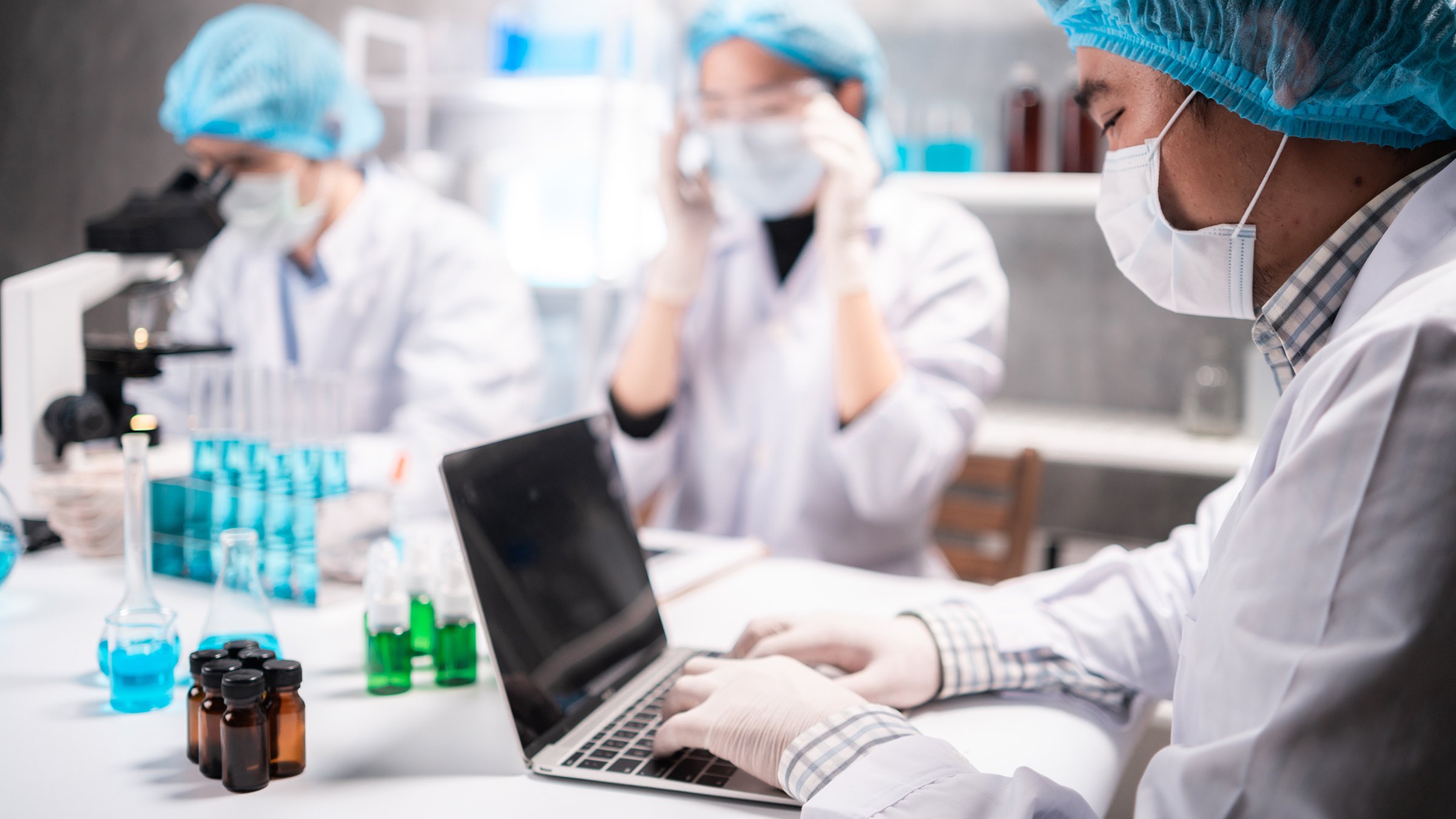In an increasingly complex pharmaceutical landscape, companies grapple with the challenge of managing over 1,200 Certified Good Manufacturing Practices (CGMP)-required standard operating procedures (SOPs) each year. The average maintenance burden amounts to a staggering 15,000 hours per firm per year. With the risk and cost pressure escalating with each new patent and those expiring, the Life Sciences industry demands innovative digital mentorship solutions to stay ahead of the curve.
GMP compliance is the cornerstone of pharmaceutical and biologics manufacturing, confirming that companies produce drugs, vaccines and other vital products through a documented, monitored and rigorous process. Compliance necessitates that people, premises, processes, products and procedures involved in manufacturing execute their roles with repeatable precision. This helps confirm that every single dose, batch and production run adheres to the highest standards of safety, identity, strength, purity and quality.
The industry faces an additional challenge as experienced workers rapidly retire or leave pharma manufacturers, resulting in significant knowledge loss. This discrepancy in employee training and effectiveness can lead to production errors, time losses and safety incidents, ultimately increasing financial impacts. The key is to access subject matter expert (SME) knowledge when needed and deliver it efficiently. By enabling knowledge transfer from experienced employees and converting this knowledge into digital work instructions through augmented reality (AR) solutions, these financial impacts can be significantly mitigated.
Human error accounts for most pharmaceutical manufacturing failures, with a staggering 80% of these failures attributable to it, according to a study by the International Journal of Engineering Research and Applications. Pharmaceutical manufacturing is an intricate and stringent process that requires sharing and transfer of industry expertise for enhanced efficiency and quality.
Since no software can be GMP compliant or bear a GMP compliant certificate, the responsibility of being and proving GMP compliance to regulatory bodies in the event of an audit falls on manufacturers. Vuforia® Expert Capture™, the most popular Rockwell Automation AR solution, is now GMP compliant and tailored for the Life Sciences industry. With added features, capabilities and compliance documents, this AR platform streamlines the process of proving GMP compliance for manufacturers.
Implementing an AR solution like Vuforia Expert Capture offers numerous business benefits such as:
- Easy access to standardized instructions, improving productivity
- Reduced operator errors in high-value tasks, lowering scrap and rework costs
- Fast, accurate set-up and changeover, reducing unscheduled downtime
- Improved technician efficiency, increasing first time fix rates
- Clear identification of safety hazards, reducing injuries and penalties
Vuforia Expert Capture customers can deploy AR procedures in GMP compliant environments by focusing on three core components - product, process and validation:
- Product: The product must meet the functional and data integrity needs required to generate GMP compliant procedures.
- Process: The teams responsible for developing, testing, deploying and maintaining Vuforia Expert Capture must do so while following approved SOPs, plans and policies.
- Validation: Providing customers with a Cloud Assurance certificate through a partnership with USDM Life Sciences that primarily consists of testing and documentation to deliver system functionality critical to GMP compliance, working to specifications.
A new functionality, the Vuforia Expert Capture equivalent of an "electronic record" often referred to in Title 21 CFR Part 11, is a published procedure now available for consumption by viewers that aids in GMP compliance.
Without AR digital work instructions, manufacturers face ineffective processes, increased risk and heightened costs, typically caused by varying levels of employee training and worker effectiveness. These losses can significantly impact a company depending on the scale of the operation. By implementing an AR solution, companies can overcome these challenges, enhancing processes, effectiveness and quality while simplifying onboarding, training and increasing safety across the board. Moreover, AR technology allows organizations to adapt quickly to new regulations or changes in the industry, confirming that they stay ahead of the curve and maintain a competitive edge.


